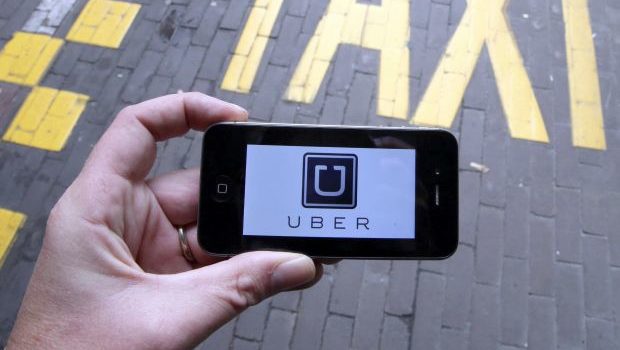Yesterday’s federal budget included plans to amend the law to ensure that GST/HST is applicable to ride sharing services such as Uber. The budget states that the government will:
Amend the definition of a taxi business under the Excise Tax Act to level the playing field and ensure that ride-sharing businesses are subject to the same GST/HST rules as taxis.
This change should not be particularly controversial. No one likes paying taxes, but equal application of sales taxes ensures appropriate revenue collection and a level-playing field for all businesses in the sector. As I noted in an earlier post, I expect that this is a first step toward extending requirements to collect and remit sales taxes on foreign digital services such as Netflix and Spotify. Applying sales taxes to all foreign digital services is complicated – there needs to be thresholds implemented to ensure that administrative costs do not outweigh revenues collected – but Uber is well established in Canada with many local jurisdictions establishing a regulatory framework for the service.
Moreover, Uber already collects and remits sales taxes in some Canadian jurisdictions. For example, the Uber page for drivers in Montreal explains that drivers are required to obtain sales tax registration numbers. It adds:
After you have provided your tax numbers, Uber will collect and pay the sales tax (GST and QST) for every trip on your behalf. However, you will need to report your sales tax once per year.
In fact, Uber promotes the sales tax collection by promising drivers a six percent rebate on the sales tax collected to account for offsetting business expenses. In other words, Uber promotes sales tax collection as a benefit to drivers in Montreal. When sales tax questions have been raised elsewhere, Uber has also claimed that drivers are expected to collect GST/HST (which is totally unrealistic given that it uses cashless transactions).
Given its position on sales taxes in Montreal, Uber might have welcomed the announcement in yesterday’s budget. However, it is apparently opposed, implausibly claiming that it is a “tax on innovation.” The company states:
This new tax on innovation would hurt over a million Canadians who use ridesharing to earn income and get around their cities.
It continues by claiming that Uber doesn’t even compete with taxis. Rather, it says its competition is with car ownership and that the tax will make Uber less price competitive with buying a car (last time I checked, cars were subject to sales taxes). Uber has enough regulatory fights on its hands. It doesn’t need another one based on weak claims about innovation that are directly contradicted by its own business practices in one of Canada’s largest cities.








Uber is NOT “ride-sharing,” and I’m disappointed that the budget would call it that (although I’m very good with the GST being applied, although I’d be better with Uber being wiped out entirely).
Ride-sharing is, “You’re going to the mall? So am I. Want a lift?”
If I order a vehicle, a driver comes to pick me up, that driver takes me somewhere that he or she was not going otherwise, and I pay for the service, that is a vehicle for hire.
Clearly you are a taxi driver.
The taxi racket needs to be broken up. Just the fact that those “medallions” are bought and sold as an investment commodity demonstrates that.
https://img.washingtonpost.com/blogs/wonkblog/files/2014/06/medallions.jpg
They have become the modern day tulip bulb.
https://en.wikipedia.org/wiki/Tulip_mania
At least with any luck. The free market should decide how many people drive a taxi, not a false economy of supply and demand.
Sure. Hands off the free market. Let’s go back to the good times when things were that way. Like, 1600.
There is serious issues with the taxi system if Uber was banned that would mean massive changes to the taxi system that would lead to mass riots by taxi drivers.
Uber is not doing the drivers any favours by “offering a rebate” on tax collected. They’re just following the law: As independent contractors providing a service, drivers are required to collect ~15% GST+QST, and under the CRA’s simple accounting method (which they would all be using, since nobody can Uber enough to make enough money to get out of the Simple bracket) in Quebec they remit ~9% to the goverment and get to pocket the rest. It’s explicitly a way to encourage small business owners to comply with tax reporting and to benefit them along the way.
So if Uber *weren’t* giving them their 6% back, Uber would be stealing that money from the driver.
Pingback: Uber urging Canadians to lobby against GST - AlphaBeatic
Uber is a foreign company that is draining out the Canadian economy (25% of all rides has been hide in some fiscal paradises offshore !!!)
Where in god is the benefit for Canadians to encourage such kind of business???
Charles
In many cities taxi driver buy plates for $1200 and re sell them for $300,000 also don’t think taxi drivers are any angels many turn the meters off.